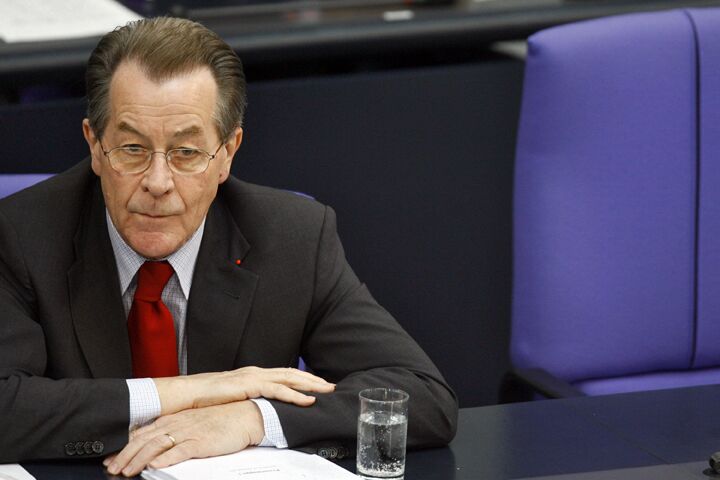
Germany: Coalition Government Falls on Rocky Ground
The German government faces a hazy future. Since the 2005 election, the government has been made up of a “grand coalition” between the Christian Democratic Union (cdu), the Christian-Social Union (csu) and the left-leaning Social Democratic Party (spd). The coalition was built and maintained to a large degree by Vice Chancellor and Labor Minister Franz Müntefering (spd) and cdu leader Angela Merkel. Now Müntefering is leaving, and the German government faces some serious challenges in the weeks and months ahead.
Müntefering’s resignation came as a surprise to the German political system. Although he left office ostensibly for family reasons, many believe his resignation comes as a result of disagreements with both Chancellor Merkel and his own party. Regardless of the reason, the resignation raises serious questions about Germany’s future.
Müntefering has been described by the press as the “keystone” of the coalition, the “hinge” that kept it together. According to Der Spiegel,
With Müntefering gone, there is likely to be more conflict between the coalition partners, as both parties focus on staking out their positions and identifying election issues ahead of the 2009 election. This could mean a two-year political stalemate in Europe’s largest economy—or even early elections, if the coalition falls apart.
German newspapers are even now proclaiming “the end of the grand coalition.” Without Müntefering, members of the coalition will have an increasingly tempestuous relationship, while the government as a whole languishes in inactivity.
According to spd acting Vice Chairwoman Andrea Nahles, more hostility between the two parties is on its way. “We will pull no punches,” she said. “I think Ms. Merkel’s grace period has come to an end.”
As coalition members descend into a battle of petty point-scoring in preparation for the next general election in 2009, the government will find itself far less effective in advancing German interests. According to the leader of the opposition Free Democratic Party, Guido Westerwelle, “The coalition is formally still in office, but it has long stopped governing. It is bad for Germany, because we will now have a months-long, and if we are unlucky, two-year-long, general election campaign ahead of us.”
A stormy, lengthy election campaign could be on the horizon, or the current governing coalition could collapse. Whatever happens, a German government crisis is in the air. In truth, the election crisis that began in 2005 is yet to be resolved. As Trumpet founder and editor in chief wrote at that time, “Before this crisis ends, a new Charlemagne will get control of the EU or Germany—or both.” Through whatever means, watch for a strongman to wrest control of Germany and Europe in the near future.
